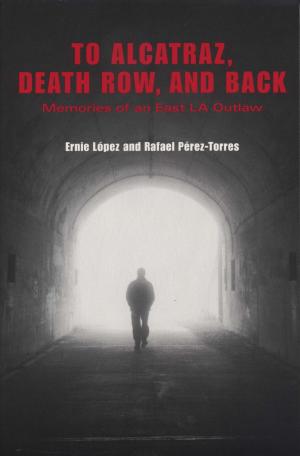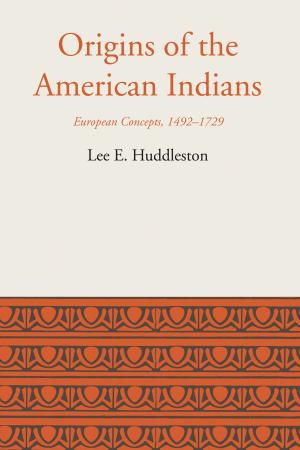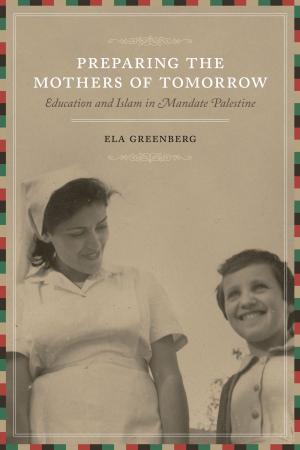| Author: | Clinton Giddings Brown | ISBN: | 9780292768451 |
| Publisher: | University of Texas Press | Publication: | June 30, 2014 |
| Imprint: | University of Texas Press | Language: | English |
| Author: | Clinton Giddings Brown |
| ISBN: | 9780292768451 |
| Publisher: | University of Texas Press |
| Publication: | June 30, 2014 |
| Imprint: | University of Texas Press |
| Language: | English |
When Clinton Giddings Brown (1882–1964) retired from a long and successful career as a trial lawyer in San Antonio, Texas, fishing on the Gulf Coast was out—by doctor’s orders. So he sat on the front gallery of his house in San Antonio and fished with a lead pencil in the richly stocked memories of his professional life. “Some days I didn’t get a nibble, but some mornings they were biting fine.”The resultant and delightful catch is the story of a full, merry, and successful life. From the day in 1906 when “Mr. Clint” hung out his shingle in a little office over his father’s bank, through the long succession of “fine scraps, rough and tumble, no holds barred,” which were the jury cases he tried for defendant corporations in personal-injury damage suits, there was not much about the law and about human nature that he did not have the opportunity to learn.The first client in the little office was Charlie Ross, a Pullman porter who wanted to make sure that the title on his new house was clear. The fee was $15, and Charlie was his friend for life. In the pages that follow the reader will meet many other unforgettable characters, including Dr. John Brinkley, the man who made a million dollars a year from his goat-gland operation until Dr. Morris Fishbein called him a “quack”; old Jim Wheat, who killed a white man, and Jim’s little grandson Lige, who knew what God would do to him if he told lies in court; Bosco, who forgot his complete paralysis when the lady lure came into the picture; and pretty little Mary, whom the jury loved.Brown was elected district attorney for Bexar County, Texas, in 1913 and became mayor of San Antonio the following year; in the latter office he served two terms, resigning to join the Army in the First World War. On his return from France he was invited to work with a law firm that represented many large corporations, among them the Public Service Company, which ran San Antonio’s streetcar and bus lines, and the Southern Pacific Railroad. Soon made a partner, he remained with the firm until his retirement, and through a quarter of a century tried about as many jury cases as any other attorney in the city.You May Take the Witness is a book for anyone who has ever felt the fascination of courtrooms and trials, and who has not? It is also a book in which lawyers will find an excellent refresher course for both mind and spirit. Here are invaluable tips on all the ins-and-outs of jury trial, not from the flat dimensions of a law-school text but from the full, real world of actual trials and the men and women involved. Brown tells how to handle witnesses and to pick juries, when to object and when not to object. The most important lesson of all, he says, is to value the jury and be an honest person before them. “The jury is decent, so you be decent, and ‘be yourself.’”It is clear that Clinton Giddings Brown succeeded as a lawyer because he succeeded as a human being, just as it is clear that he knows how to tell story after fine story because he enjoyed living each episode of his life to its fullest.
When Clinton Giddings Brown (1882–1964) retired from a long and successful career as a trial lawyer in San Antonio, Texas, fishing on the Gulf Coast was out—by doctor’s orders. So he sat on the front gallery of his house in San Antonio and fished with a lead pencil in the richly stocked memories of his professional life. “Some days I didn’t get a nibble, but some mornings they were biting fine.”The resultant and delightful catch is the story of a full, merry, and successful life. From the day in 1906 when “Mr. Clint” hung out his shingle in a little office over his father’s bank, through the long succession of “fine scraps, rough and tumble, no holds barred,” which were the jury cases he tried for defendant corporations in personal-injury damage suits, there was not much about the law and about human nature that he did not have the opportunity to learn.The first client in the little office was Charlie Ross, a Pullman porter who wanted to make sure that the title on his new house was clear. The fee was $15, and Charlie was his friend for life. In the pages that follow the reader will meet many other unforgettable characters, including Dr. John Brinkley, the man who made a million dollars a year from his goat-gland operation until Dr. Morris Fishbein called him a “quack”; old Jim Wheat, who killed a white man, and Jim’s little grandson Lige, who knew what God would do to him if he told lies in court; Bosco, who forgot his complete paralysis when the lady lure came into the picture; and pretty little Mary, whom the jury loved.Brown was elected district attorney for Bexar County, Texas, in 1913 and became mayor of San Antonio the following year; in the latter office he served two terms, resigning to join the Army in the First World War. On his return from France he was invited to work with a law firm that represented many large corporations, among them the Public Service Company, which ran San Antonio’s streetcar and bus lines, and the Southern Pacific Railroad. Soon made a partner, he remained with the firm until his retirement, and through a quarter of a century tried about as many jury cases as any other attorney in the city.You May Take the Witness is a book for anyone who has ever felt the fascination of courtrooms and trials, and who has not? It is also a book in which lawyers will find an excellent refresher course for both mind and spirit. Here are invaluable tips on all the ins-and-outs of jury trial, not from the flat dimensions of a law-school text but from the full, real world of actual trials and the men and women involved. Brown tells how to handle witnesses and to pick juries, when to object and when not to object. The most important lesson of all, he says, is to value the jury and be an honest person before them. “The jury is decent, so you be decent, and ‘be yourself.’”It is clear that Clinton Giddings Brown succeeded as a lawyer because he succeeded as a human being, just as it is clear that he knows how to tell story after fine story because he enjoyed living each episode of his life to its fullest.















